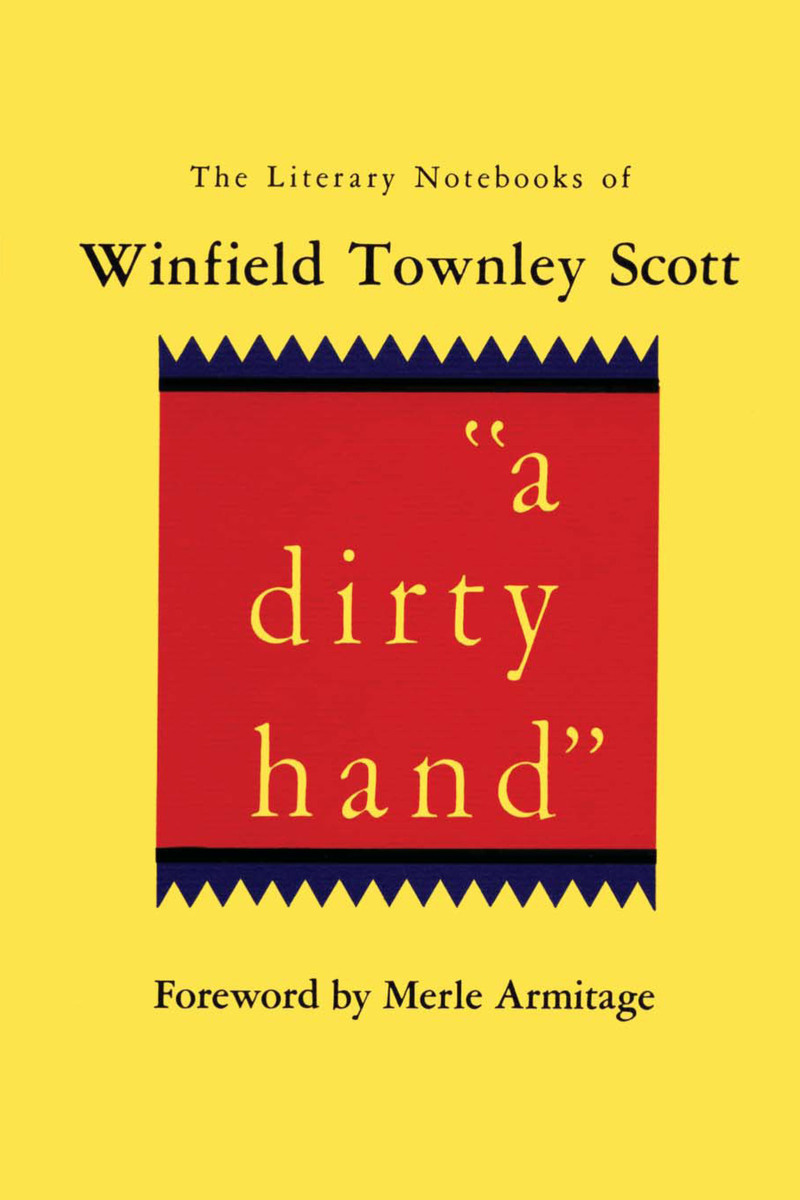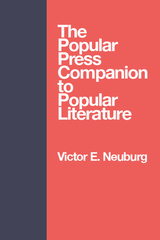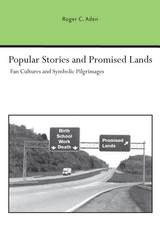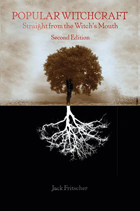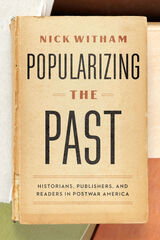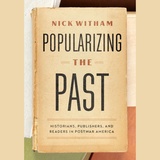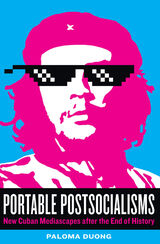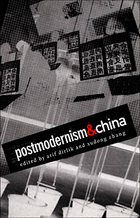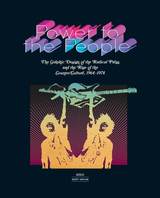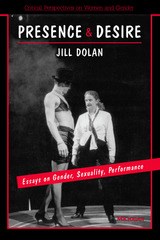Paper: 978-0-292-74165-2 | eISBN: 978-0-292-75918-3 (ePub) | eISBN: 978-0-292-75917-6 (PDF)
From "a dirty hand":
Words are very powerful. You aren't sure of that? Think of all the things you won't say.
- Wonderful remark in a note I had this week from William Carlos Williams. He spoke of the "disease" of wanting to write poetry; said he had been "off" poetry for many months and—he said—"I feel clean and unhappy."
- One reason for keeping this kind of notebook: you can put on record the retort you couldn't think of at last night's party.
- Photographs of Henry James in his middle years should be commented upon. Gone is the shy aesthete of the youthful portrait (by LaFarge?) . This bearded man has a fierce look, even a bestial one. Here is perhaps-I don't know-James at his most generative. Again this man disappears in the shaven, bald, final James, the famous James—the Grand Lama.
- I noticed when Lindsay (thirteen) read aloud a passage from a hunting book the other day he pronounced "genital" as "genteel." I'd love to see a literary history titled "The Genital Tradition."
- Contrast "business ethics" and the ethics of art. Nobody writes a poem hoping it will wear out in four or five years.
Between 1951 and 1966 the distinguished American poet Winfield Townley Scott kept a series of notebooks in which he set down his thoughts on poetry, literature, the literary scene, and life in general. Shortly before his untimely death in 1968 he made a selection of the entries he thought were best and gave it the title "a dirty hand." These perceptive notes, some tart, some gentle, some boisterous, some wistful, give us a remarkable insight into the workings of his creative mind. George P. Elliott has said of Scott: "In a very solid way, I think he was as rock-bottom American a poet as we have had since Frost." The introduction is by Scott's good friend Merle Armitage, who also designed the original edition of this book.
